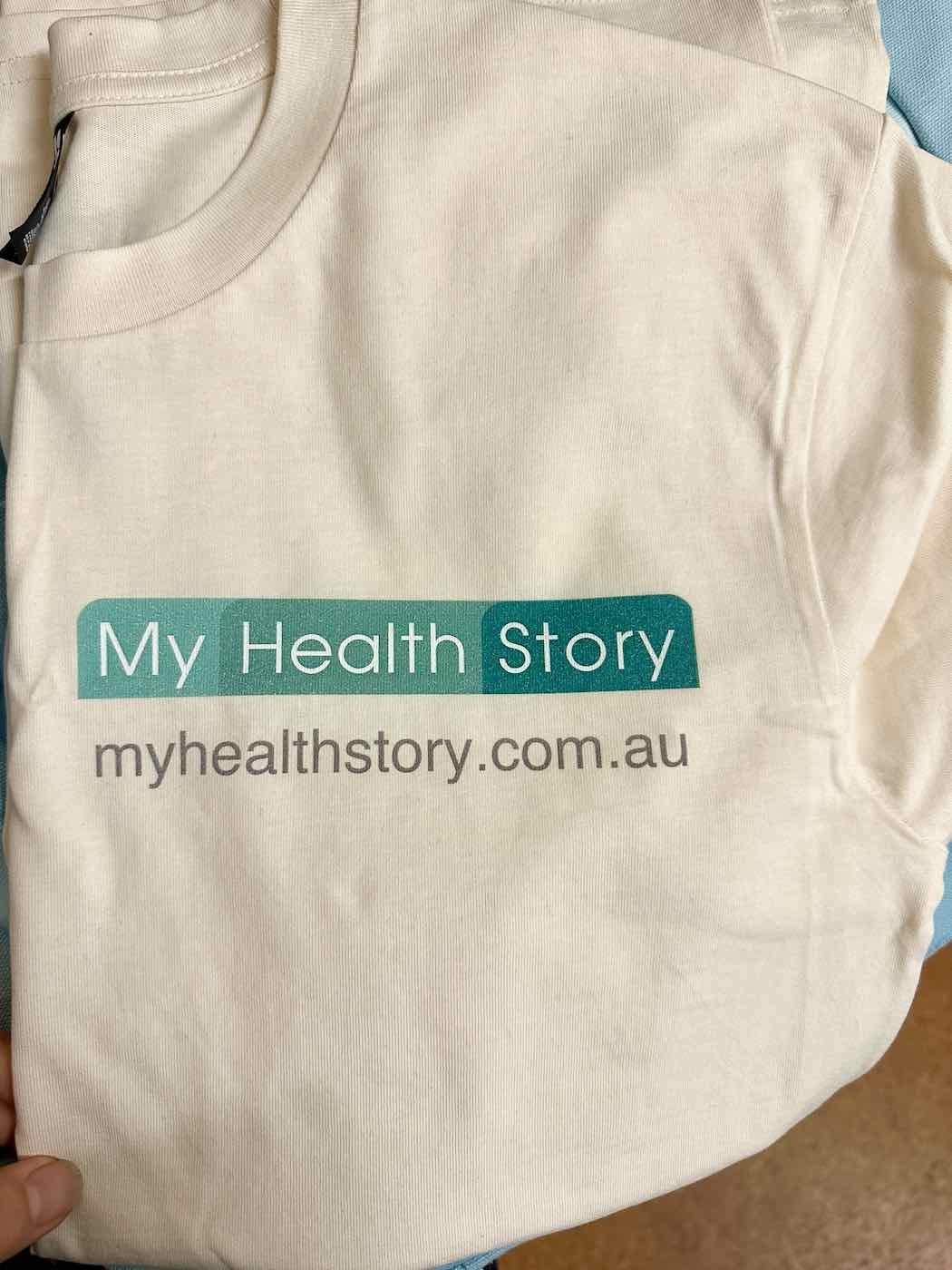(From the Pain Revolution website)
Soula Mantalvanos and Pain Train join the Pain Revolution
Community action and learning together is a key part of the Pain Revolution message. We need to include all people in the conversation if we’re going to make the changes needed to reduce the burden of persisting pain.
We have some wonderful people in our community that have stories to tell. They don’t ride bikes but that doesn’t keep them on the sidelines. One of those people is Soula Mantalvanos, who has given us permission to borrow some of her energy and passion as a Pain Revolution ambassador.
Hearing about the lived experiences of people in pain is critical to designing the future of pain care. We’re including the voices of people living with pain alongside our expert and professional voices. For too long, the stories of the people that live with pain, often heroically and with great resilience, have not been heard and understood. Within them is great insight and wisdom, as well as struggle.
Soula’s Journey
Soula is one of those people who has spoken up again and again. She has advocated for herself and for others, for her story to be heard and her pain experiences to be understood. As a designer and artist, Soula spent a lot of time sitting for work. She made the health-conscious decision to sit on a fitball in her studio, and it was a freak event that the ball that Soula was sitting on burst. This was the start of Soula’s pain, which derailed her life with the sick symphony of pudendal neuralgia symptoms. After the ball burst, she got up off the floor and laughed a little, and continued on with her work. Despite her positive attitude, and her determined attitude to “get on with things”, Soula lived through a rollercoaster of appointments, medications, operations and therapies for the next 11 years.

A turning point for Soula was hearing Lorimer talking on ABC Classic FM. It was another long day where pain stopped her doing the things that really mattered to her. She was existing, but not really living. Like many people living with pain, she originally thought Lorimer was nuts, and that his stuff about pain and the nervous system was a bit too wacky. Weeks later, in desperation, she emailed him to tell her story, and ask for help. She volunteered to be a research subject, to feel like someone might benefit from the pain that she experienced daily. Lorimer replied with the name of a physiotherapist that was to be the person that helped Soula to turn the corner, and start getting life back on track.
Pain Train and a shared conversation
Soula was bothered by the way that she struggled to give the whole story of her pain to the people she went to for help. After years of pain, it was a gargantuan effort to re-tell the details of her symptoms, her treatment and her progress to the many health professionals that she consulted for help. Communicating illness and pain symptoms reliably, and over time, is compounded by the challenge of memory, attention and fatigue, as well as pain. Trying to solve this problem proved to be a wonderful driver for innovation and change, and put Soula’s creative mind to work on a solution. She was able to use her insider information as a person with pain to make PainTrain.
Pain Train is a web-based program that allows a person living with pain to record their experience in words, pictures and rating scales. This presents the story of their pain to their doctor, whom they can also give web access to their record, to enhance the process of shared decision making. “Pain Train helps me tell my own pain story and I get to choose who sees my personal health summary”, says Soula, and is helping many other people in pain to do the same thing.
Pain Train helps create a shared dialogue between people living with persisting pain and the people that help them. Soula says “Pain Train’s aim is to help with a little translation. Patients and Clinicians speak different languages!” Technology can be a very useful enabler for bigger conversations, and a shared space to help people with pain return to living well.
Soula issues a challenge to the medical professionals that work with people living in pain. “How are you going to understand and help your patient if you don’t get their perspective?” she says. Pain Train makes it possible for doctors and health professionals to get the full story, and address the problem of pain from its many dimensions. Collecting all the information is time intensive, and that’s a thing that’s missing in the clinic, and Pain Train fills the gap in a way that puts patients in the driver’s seat.
Many people working together are going to make the Pain Revolution a reality. Pain Train is part of that change, and we’re glad to have Soula along for the ride. Soula writes a great blog for people living in pain, and this is also very informative for clinicians to understand the lived experience of pain. Sign up with the button below.
Learn More about PainTrain

